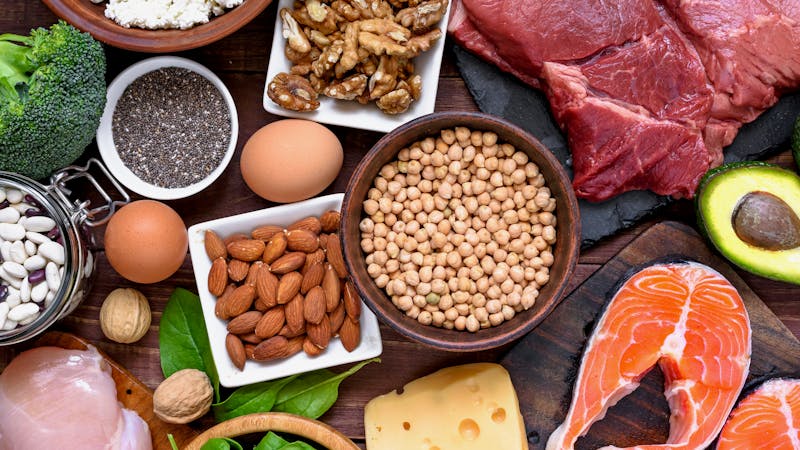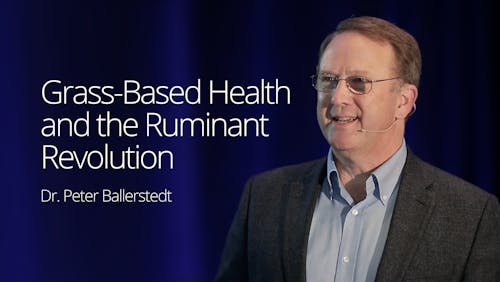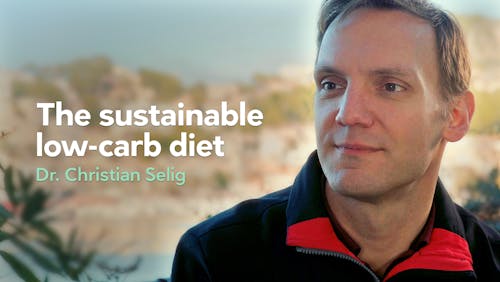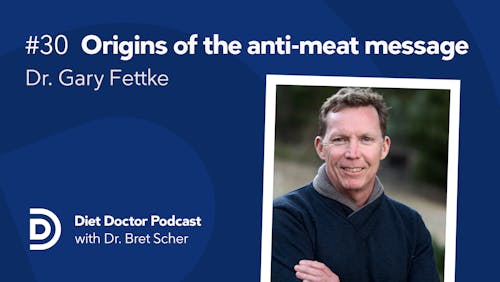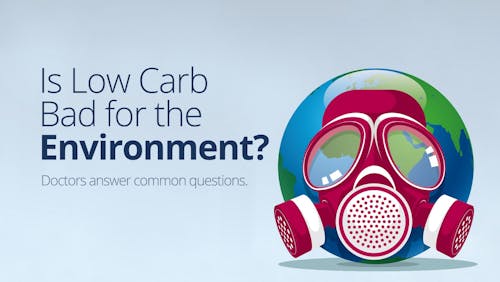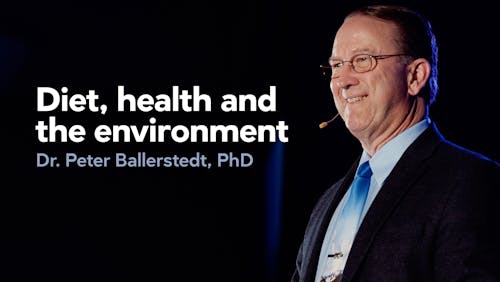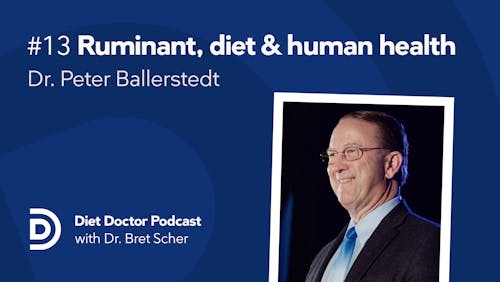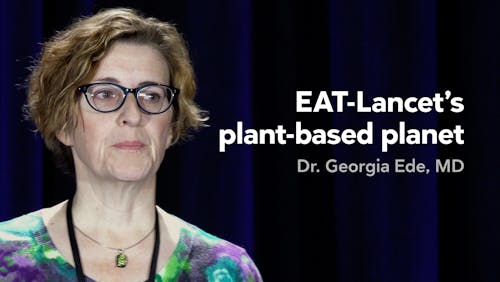Op-Ed: Climate change is real — but don’t blame cows
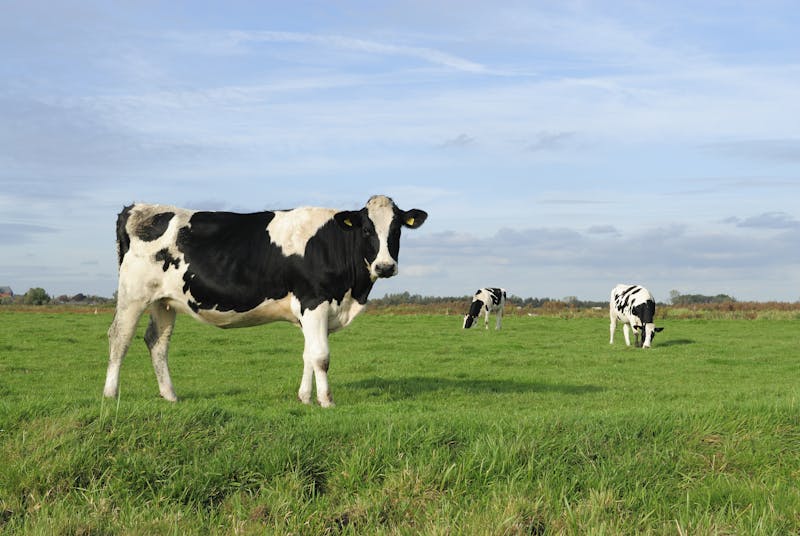
Is eating meat bad for the planet? Is that ground chuck on your plate the biggest cause of our escalating climate crisis?
Not compared to the burning of fossil fuels for cars, planes, industry, and energy says a provocative new commentary by journalist Paul John Scott which ran recently in the Minneapolis Star Tribune.
Minneapolis Star Tribune: It’s the cars, not the cows
In fact, Scott charges that the growing focus on reducing meat as a way to realistically address climate change is putting the attention on the wrong issues — to our collective peril. “The vegetarian appropriation of the climate crisis is reckless.”
“Climate change will require our focused attention, collective sacrifice and unprecedented political courage…. These will be painful enough without battling the perception that food activism may have hijacked the agenda.”
Scott’s pointed, well-written 2200-word commentary is currently the most commented upon and shared item for the paper, with very strong debate both pro and con.
Journalist Nina Teicholz, among many others, shared it with her many followers saying: “Thoughtful, comprehensive overview of the meat-environment question by independent journalist. Worth your Sunday morning read.”
Make no mistake, Scott is no climate change denier. He agrees it is a daunting threat that needs to be solved. “The temptation to pair it with dinner is strong.”
Nor is he anti-vegetarian. Choosing to eat only, or mostly, plants, he writes “is of course a legitimate, wholly admirable personal dietary choice.”
Nor does he deny that agriculture, particularly the raising of cattle in industrialized agriculture, contributes both greenhouse gas emissions and methane to the atmosphere. It does.
He argues, instead, that the role of meat-eating in climate change is being taken out of context. He takes apart many statistics, presented as facts, over the last decades and shows how they have been skewed to fit various agendas.
“When you stick to the knowable, direct emissions, the climate burden of cattle fall away. The EPA estimates that 9% of all direct emissions in the U.S. are due to agriculture, compared with 20% from industry, 28% from electricity and 28% from transportation. Just 3.9% are due to livestock. That’s half the CO2 attributable to concrete.”
What about methane? He takes that apart, too, noting that natural gas leaks created in the process of fracking alone release 13 teragrams of methane a year into the atmosphere — which is double the amount released by cattle. Add to that the methane released by other man-made sources — landfills, air conditioners, agricultural rice paddies — and cows’ methane contribution pales in comparison.
“EAT Lancet should be pressing us to swear off stove gas and rice. But that wouldn’t advance the vegetarian imperative,” says Scott, examining the personalities and agenda behind the January 2019 EAT Lancet report which recommended meat eating be cut by 80% to save the planet from climate change disaster.
EAT Lancet has “strange bedfellows, he writes. Its co-sponsors include “chemical manufacturers Dupont, technology giant Google, accounting giant Deloitte, PR behemouth Edelman, 13 other chemical companies, and 27 food and drug makers, including refined carbohydrate merchants Kellogg’s, Nestlé and PepsiCO and the processed-oil giants Cargill and Unilever.”
He asks, sarcastically: “What, one might ask, could possibly persuade these engines of capitalism to advocate the shuttering of every steakhouse, oyster bar and barbecue?” (Answer in a word: profit.)
Check out Scott’s provocative and well-written piece. Do you agree with his research and point of view?
Here at Diet Doctor, we care deeply about these issues. We believe in environmentally sound stewardship that creates the healthiest of whole foods benefitting human life and the planet. We believe a low-carb vegetarian diet is a realistic and healthy diet. We believe all animal products should be raised in the most humane and environmentally sound way possible.
Check out our other resources on this important, complex topic below.
Articles
The green keto meat eater, part 1
The green keto meat eater, part 2
The green keto meat eater, part 3

